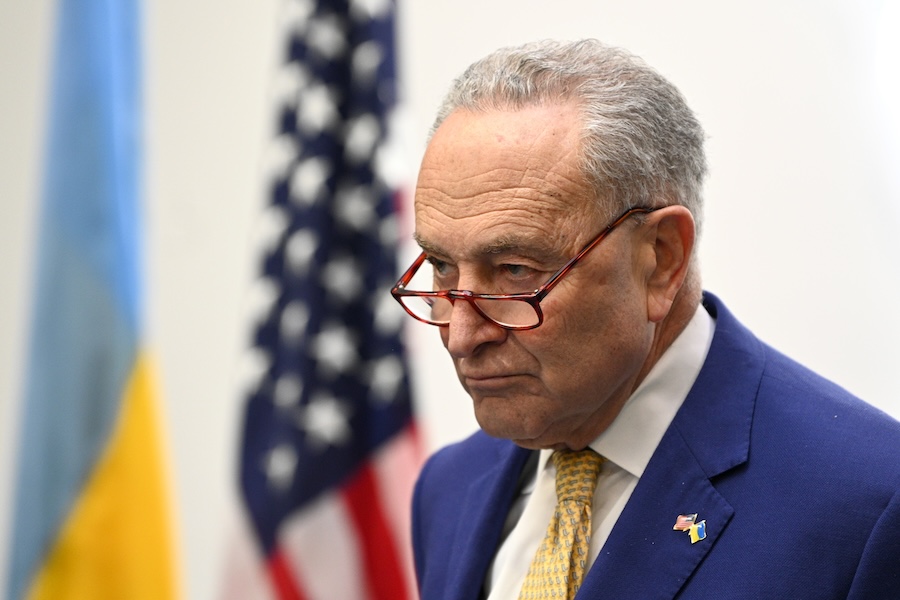Senator Dick Durbin (D-IL), the Senate’s second-highest ranking Democrat and a fixture in Washington for over four decades, announced Wednesday that he will not seek re-election at the end of his current term, delivering another blow to minority leader Chuck Schumer (D-NY) and the party.
“The decision of whether to run for re-election has not been easy. I truly love the job of being a United States Senator,” Durbin said in a video posted online. “But in my heart, I know it’s time to pass the torch.”
Durbin, 80, has served in the U.S. Senate since 1997 and currently chairs the Senate Judiciary Committee. He is the longest-serving senator in Illinois history and has played a central role in shaping Democratic strategy, particularly on judicial nominations and immigration reform. His departure marks the end of an era—and opens the door to a potentially competitive Senate seat in a state that, while blue on paper, could see increased GOP interest in a cycle already forecast to be difficult for Democrats.
“The people of Illinois have honored me with this responsibility longer than anyone elected to the Senate in our state’s history,” Durbin continued. “Right now, the challenges facing our country are historic and unprecedented. The threats to our democracy and way of life are very real. And I can assure you, I’ll do everything in my power to fight for Illinois and the future of our country every day of my remaining time in the Senate.”
“I’ve given over half of my life to House and Senate Congressional service. I’ve always tried to stand up to power on behalf of the people of Illinois and our country.”
WATCH:
The timing of Durbin’s retirement couldn’t be worse for Democrats, who are defending multiple Senate seats in battleground and red-leaning states in 2026.
“My Senate colleague Tammy Duckworth is a trusted friend and an effective leader. She’ll be a real asset to Illinois and the nation as our state’s senior senator,” Durbin said. “We’re also fortunate to have a strong Democratic bench ready to serve. We need them now more than ever.”
His closing message struck a note of gratitude: “To the Illinoisans who gave this kid from East St. Louis a chance to serve, thank you for supporting me through the words and actions over the years. Now that I have this announcement behind me, I need to get back to work.”
With his exit, the race to fill the soon-to-be-open seat begins—and with it, the broader battle for control of the U.S. Senate in 2026 takes on even higher stakes.
The 2026 Senate elections will be pivotal in determining the balance of power in Congress. With 35 seats up for grabs—including 33 regular elections and 2 special elections in Florida and Ohio—the current Senate composition stands at 53 Republicans and 47 Democrats (including two independents who caucus with the Democrats). Democrats need a net gain of four seats to reclaim the majority.
Several high-profile Democratic retirements are shaking up the 2026 Senate map, with competitive races emerging in traditionally blue states. In Michigan, Senator Gary Peters’ (D-MI) retirement has opened a crowded Democratic primary.
Minnesota Senator Tina Smith and New Hampshire Senator Jeanne Shaheen are also bowing out. Meanwhile, Republicans are defending seats in key swing states, such as Maine and North Carolina. Additionally, two special elections are on the calendar—one in Florida, following Senator Marco Rubio’s appointment as Secretary of State, and another in Ohio after JD Vance was elected Vice President.

